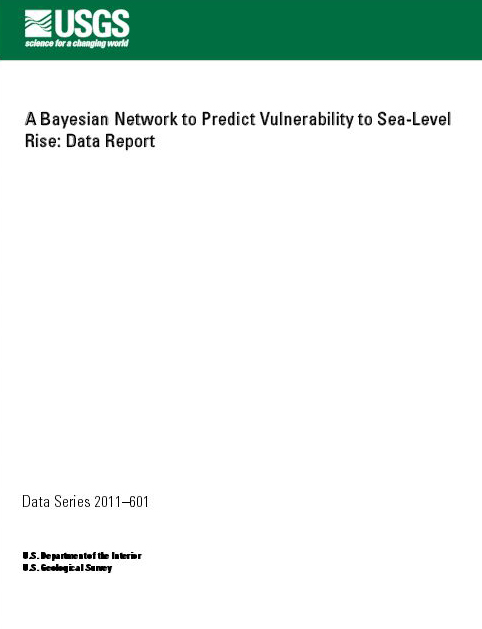
pubs.usgs.gov - by Benjamin T. Gutierrez, Nathaniel G. Plant, and E. Robert Thieler - November 2011
Abstract
During the 21st century, sea-level rise is projected to have a wide range of effects on coastal environments, development, and infrastructure. Consequently, there has been an increased focus on developing modeling or other analytical approaches to evaluate potential impacts to inform coastal management. This report provides the data that were used to develop and evaluate the performance of a Bayesian network designed to predict long-term shoreline change due to sea-level rise. The data include local rates of relative sea-level rise, wave height, tide range, geomorphic classification, coastal slope, and shoreline-change rate compiled as part of the U.S. Geological Survey Coastal Vulnerability Index for the U.S. Atlantic coast. In this project, the Bayesian network is used to define relationships among driving forces, geologic constraints, and coastal responses. Using this information, the Bayesian network is used to make probabilistic predictions of shoreline change in response to different future sea-level-rise scenarios.
Problem, Solution, SitRep, or ?:
Recent Comments